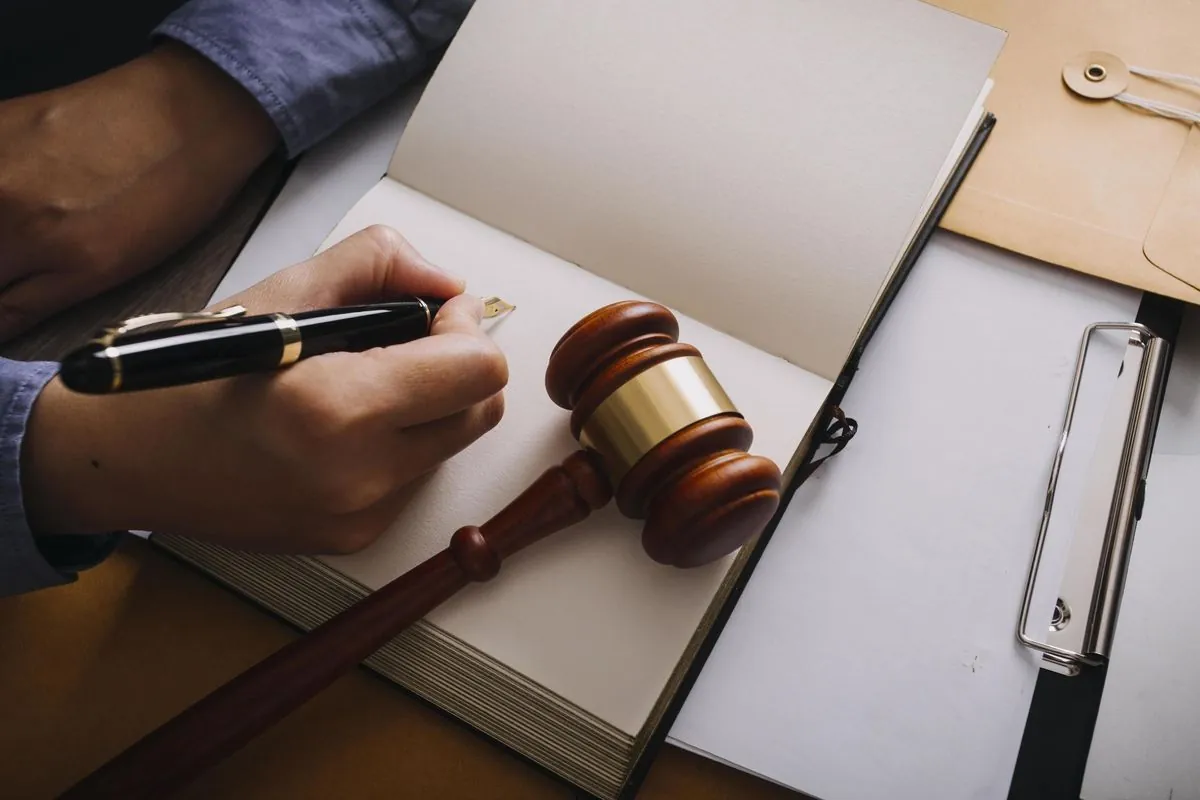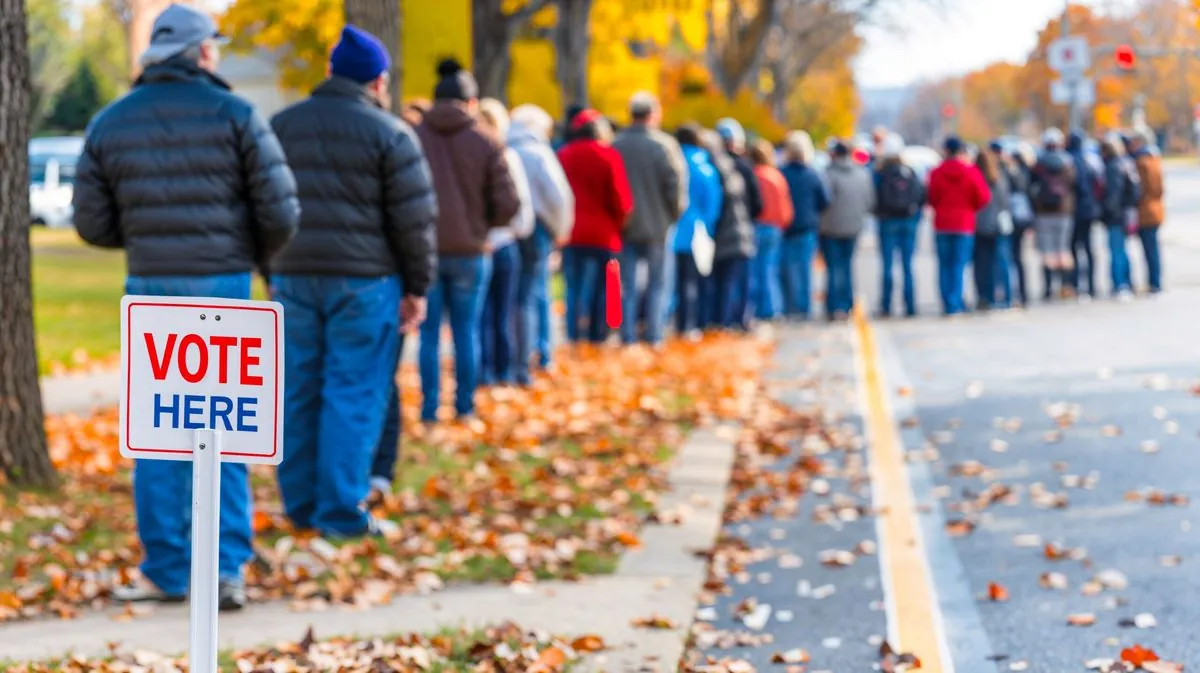GOP's Legal Blitz: Over 120 Lawsuits Challenge Election Processes
Republicans initiate widespread legal action across 26 states, raising concerns about election integrity. Experts warn of potential impact on public trust in voting systems.

As the 2024 U.S. presidential election approaches, the Republican Party has launched an extensive legal campaign, initiating over 120 lawsuits across 26 states. This strategy aims to challenge various aspects of the election process, raising concerns among legal experts about its potential impact on public trust in the voting system.
The Electoral College system, which determines the outcome of U.S. presidential elections, is at the center of many of these legal challenges. In Arizona, a crucial battleground state, the America First Legal Foundation has filed a lawsuit proposing that judges should have the authority to nullify election results due to "failures or irregularities" by local officials. This case exemplifies the bold legal theories being advanced by Republican-aligned groups.
Mail-in voting, a practice dating back to the Civil War, has become a particular focus of Republican legal efforts. In Michigan, the GOP is seeking to restrict the use of mobile voting sites and impose stricter verification rules for mail-in ballots. Pennsylvania has already seen a significant ruling, with the state's highest court deciding on September 13, 2024, that mail ballots with incorrect dates will not be counted.
The absence of a centralized national voter registration system in the U.S. has led to varied approaches across states. In Nevada and other states, Trump allies are attempting to purge voter rolls of allegedly ineligible voters and non-citizens, despite the passing of deadlines for systematic updates before the election.

These legal maneuvers differ significantly from the post-election litigation of 2020. The current strategy involves filing challenges earlier and making broader allegations of widespread fraud. This approach aligns with the perception of voter fraud among Republican voters, as evidenced by an August 2024 Reuters/Ipsos poll showing that 71% of registered Republican voters believe voter fraud is a widespread problem.
The Republican National Committee (RNC) defends these legal actions as necessary to ensure election integrity. RNC spokesperson Claire Zunk stated, "Our Election Integrity operation is fighting to secure the election, promoting transparency and fairness for every legal vote."
However, critics argue that these lawsuits may be designed to undermine confidence in the electoral process. Columbia Law School professor Richard Briffault suggests, "This is part of creating the narrative that there will be irregularities that will require outside intervention."
The Democratic response has been equally assertive. The Harris campaign has stated its readiness to counter any legal challenges, emphasizing their commitment to ensuring a free and fair election.
As Election Day, traditionally held on the first Tuesday following the first Monday in November, draws near, the legal landscape continues to evolve. The Help America Vote Act of 2002 established minimum election administration standards, but each state maintains its own unique election laws and procedures, adding complexity to these legal battles.
The outcome of these lawsuits could have far-reaching implications for the 2024 election and beyond. With early voting available in most states and the potential for same-day voter registration in some jurisdictions, the legal challenges may impact various aspects of the voting process.
As the nation prepares for this crucial election, the tension between ensuring election integrity and maintaining accessible voting remains at the forefront of political and legal discourse.


































